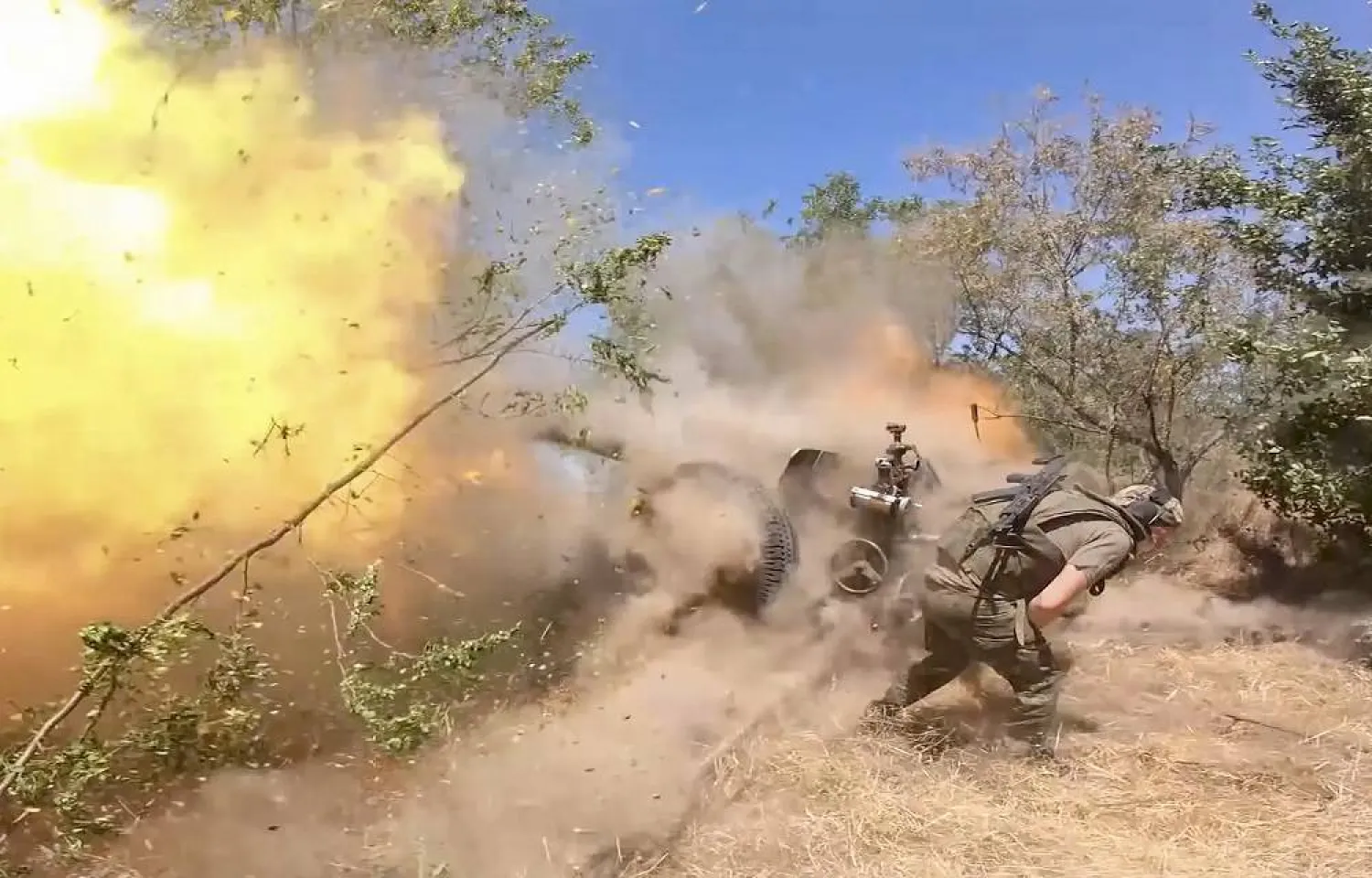The Kremlin said on Monday that there would have to be a Russian response to Ukraine's incursion into the western Kursk region and that the idea of ceasefire talks with Kyiv was no longer relevant.
Thousands of Ukrainian soldiers smashed through the Russian border on Aug. 6 in a surprise attack that Russian President Vladimir Putin said was aimed at improving Kyiv's negotiating position ahead of possible talks and slowing the advance of Russian forces along the front.
"Such hostile actions cannot remain without an appropriate response," Kremlin Spokesman Dmitry Peskov told reporters. "There will definitely be a response".
Putin has said that Ukraine will receive a "worthy response," but has yet to set out in public what that response is.
Peskov dismissed media reports that there had been some kind of ceasefire negotiations between Moscow and Kyiv.
"There were no negotiations," Peskov said. "There are a lot of reports about various contacts in the media, and not all of them are correct."
"The topic of negotiations at the moment has pretty much lost its relevance."









